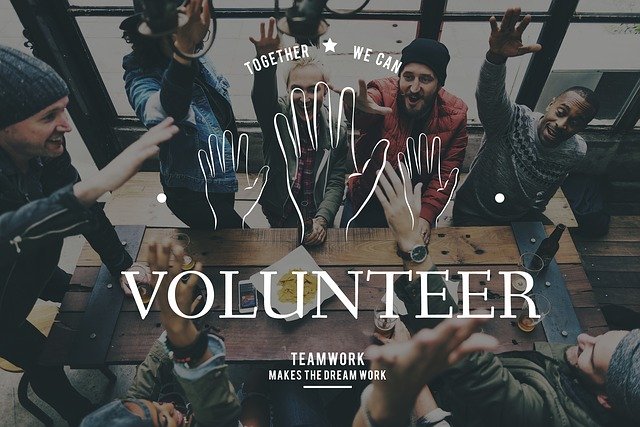Leo Babauta, expert in forming and sustaining habits, offers multiple ways to be more productive and more content with the way we spend our time. His suggestions can help us to develop a greater sense of purpose, reduce anxiety and build our capacity to do meaningful work. Our contentment can increase as we accomplish more purposeful and meaningful tasks.
Ways to develop productivity and contentment
Leo’s suggestions cover many aspects of our daily life. His ideas are particularly relevant where we find we are procrastinating or feeling unfocused, time-poor or unmotivated:
- Put structure into your day: There maybe times when you seem to be just floating, not achieving very much at all, with time passing you by and leaving you with a sense of “What did I really achieve today?” Leo recommends putting some structure into each day so that certain tasks are undertaken at set times and/or for a predetermined period. For example, he sets specific time aside in the morning and the afternoon to process his emails. Your work role may not permit this, but you can identify some aspect of your work that you can structure in each day, e.g. a period for reflection on the day’s work and the outcomes, intended and unintended.
- Change your relationship to time: Leo has some very concrete ideas here including being conscious that your life has an endpoint and that your time on earth is limited. Increasing your consciousness about this and reflecting on how you have spent the last six months or year, can help you to value your time and revisit your priorities. He recommends that you see time as a gift not to be wasted but to be used productively and meaningfully. Leo maintains that you can change your relationship to time if you use it joyfully and intentionally and learn to create space to slow down and reflect on how you are using the abundance that time provides.
- Dealing with your procrastination: Leo offers strategies to deal with the rationalisations that stop you from undertaking meaningful work or that important task that you keep putting off. He proposes that you face up to these rationalisations, record them and understand them for what they are. He encourages you to fearlessly move beyond these blockages generated by your brain which has an inherent negative bias.
- Do the smallest next step towards your meaning work: Your mind can think up innumerable excuses why now is not the right time to take on this uncomfortable task which would add significant meaning to your life and help to improve the life of others. Leo recommends that each day you take the smallest next step that will move you towards your goal of undertaking a meaningful role or task. He also recommends that you revisit your positive intention to maintain your momentum.
- Replace negative self-talk with self-praise: You can so easily beat up on yourself for not doing something very well or avoiding something that you should have done. Leo argues that negative self-talk is disabling and can be overcome through kindness to yourself. He strongly encourages the use of self-praise to improve your overall wellness and capacity to make a difference in your world.
Leo’s Zen Habits blog contains innumerable ideas and strategies to build habits that are positive and improve your personal productivity. His approach to dealing with uncertainty can increase your sense of achievement and lead to greater levels of happiness and contentment.
Reflection
Leo offers so many wise and practical ideas that he has developed to turn his own life around. Sometimes we can be overwhelmed by the richness of his ideas and numerous suggestions. The starting point may be building in time each day for the smallest next step that will enable us to move towards our goal of meaningful work. As we build positive habits, in small incremental steps, we can find that our relationship to time changes, our sense of accomplishment increases and our belief in our personal capabilities is enhanced. As we grow in mindfulness through regular meditation and mindfulness practices, we can increase our awareness of our negative self-stories and begin to remove the blockages that stop us from moving forward and making a difference in our world.
_____________________________________
Image by Anastasiya Babienko from Pixabay
By Ron Passfield – Copyright (Creative Commons license, Attribution–Non Commercial–No Derivatives)
Disclosure: If you purchase a product through this site, I may earn a commission which will help to pay for the site, the associated Meetup group and the resources to support the blog.

